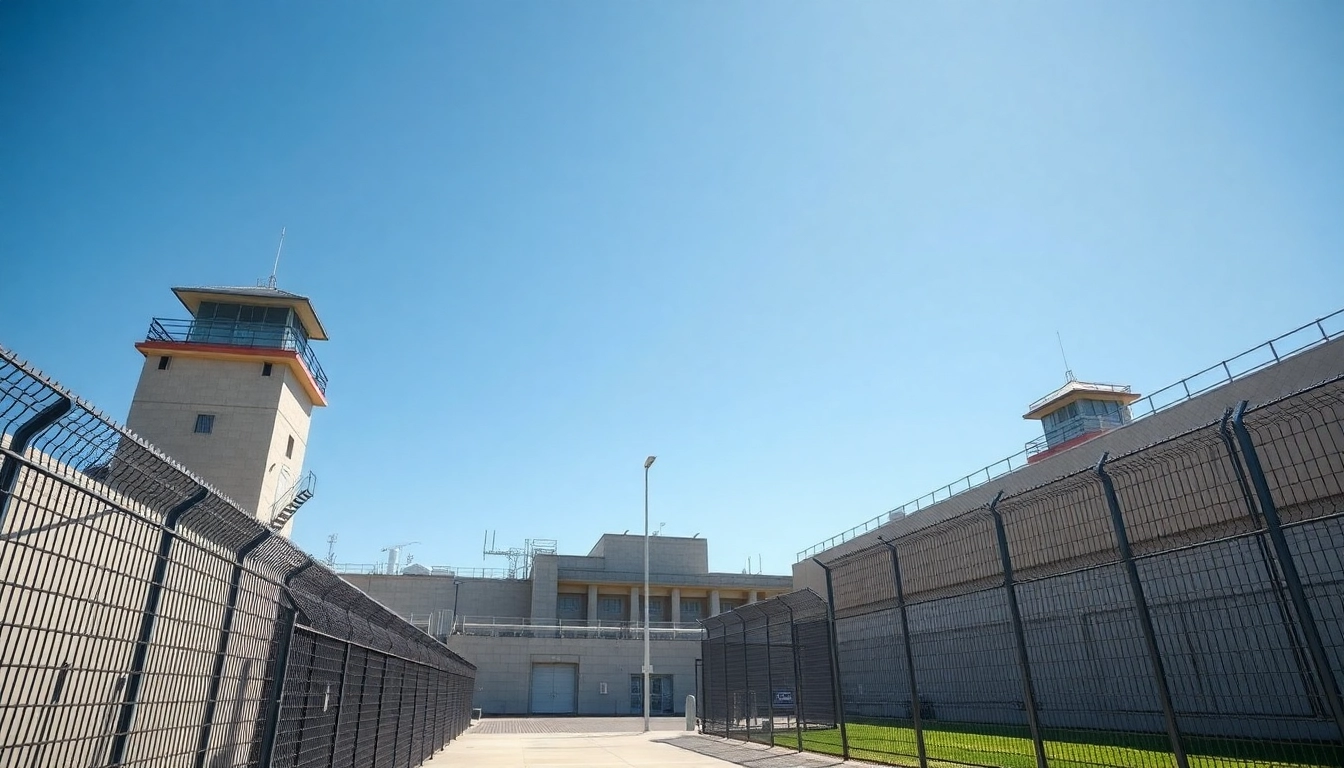Understanding Fixed Fee Divorce: A Comprehensive Guide
Navigating the complexities of a divorce can be overwhelming, and one of the most significant factors that often weighs on individuals undergoing this transition is the cost associated with legal fees. Many people are now turning to Fixed Fee Divorce options, which provide a more structured and predictable way to manage these costs. In this article, we will dive deep into the world of fixed fee divorce, giving you comprehensive insights into its definition, benefits, processes, costs, choosing an attorney, and real-life success stories.
What is Fixed Fee Divorce?
Definition and Overview
A fixed fee divorce refers to a pricing structure adopted by certain divorce attorneys where clients are charged a predefined amount for legal services related to their divorce proceedings. Unlike traditional hourly billing where costs can spiral unpredictably, fixed fee structures provide a clear estimate upfront, allowing clients to budget accordingly. This system is particularly advantageous for individuals seeking uncontested divorces, where both parties agree on the terms without extensive negotiation.
Benefits of Choosing Fixed Fee Divorce
The allure of a fixed fee divorce comes with multiple benefits that can make a significant difference in the divorce process:
- Cost Predictability: As mentioned, clients know exactly what they will pay, eliminating the anxiety associated with accumulating charges based on hours worked.
- Transparency: Fixed fees are structured to outline precisely what services are included in the price, providing a clear understanding of the legal work involved.
- Focus on Resolution: With cost no longer a moving target, clients can focus on amicable resolution rather than the stress of hourly billing.
- Simplified Budgeting: Knowing the total cost upfront assists clients in better financial planning during a time that can often strain their budgets.
Common Misconceptions about Fixed Fee Divorce
Despite the clear advantages, several misconceptions persist about fixed fee divorces:
- Limited Services: Some believe that fixed fee structures limit the scope of services provided; however, reputable attorneys usually include a comprehensive list of tasks in the fixed fee.
- Only for Simple Cases: While fixed fee divorce options are often associated with straightforward cases, they can also be suitable for more complex situations as long as there’s a clear agreement between the parties.
- Hidden Fees: Many fear that fixed fees come with hidden costs; transparency is key, and clients should insist on detailed agreements outlining all potential additional fees.
How Fixed Fee Divorce Works
Process Overview
The fixed fee divorce process typically includes several distinct phases:
- Initial Consultation: An attorney consults with the client to understand their particular situation and determine if a fixed fee divorce is appropriate.
- Agreement on Terms: If both parties agree on the terms of the divorce, the attorney drafts a detailed legal agreement outlining the services covered under the fixed fee.
- Paperwork Preparation: The attorney assists in preparing all necessary legal documents required for the divorce proceedings.
- Filing and Representation: The attorney files the paperwork with the court and represents the client throughout the divorce process until its resolution.
Key Steps Involved in Fixed Fee Divorce
Below are the essential steps in achieving a successful fixed fee divorce:
- Understanding the Process: Before entering into a fixed fee agreement, both parties should fully understand the terms of the divorce.
- Collecting Documentation: Necessary paperwork can include financial statements, property valuations, and any previous agreement documents.
- Negotiation and Agreement: If there are disputes over specific terms, mediation may occur to reach a consensus.
- Finalizing the Divorce: Once everything is agreed upon, an attorney files the divorce papers, and the case proceeds through the court.
Documentation Required for Fixed Fee Divorce
Clients should be prepared to provide various documents to facilitate the fixed fee divorce process. Commonly required documentation includes:
- Identification documents (e.g., birth certificates, passports)
- Marriage certificate
- Financial documents (including income statements, tax returns, and asset valuations)
- Any prenuptial or postnuptial agreements
- Correspondence regarding children (if applicable)
Cost Considerations for Fixed Fee Divorce
Typical Pricing Models
Fixed fees for divorce services can vary widely depending on several factors, including the complexity of the case, geographical location, and attorney experience. Fees may be structured in various ways:
- Flat Rate Packages: Attorneys may offer flat-rate packages for specific services, such as consultation or document preparation.
- Custom Quotes: Based on the unique requirements of a case, some attorneys may provide custom fixed fee quotes that encompass all necessary services.
- Payment Plans: Some attorneys offer payment plans to help clients spread the costs over time.
Factors Affecting Costs
Several elements can influence the final cost of a fixed fee divorce:
- Complexity of the Case: More complicated divorces involving significant assets or child custody disputes may incur higher fees.
- Attorney Experience: Highly experienced attorneys may charge more for their services, but often provide better insights and results.
- Geographic Location: Fees can vary dramatically based on local market conditions and cost of living.
- Disputes and Negotiations: If there is contention between the parties leading to negotiations, additional fees might apply.
Cost Comparison with Hourly Billing
In traditional hourly billing, clients may find themselves surprised with high bills based on the cumulative hours spent on their case. Here’s how fixed fee divorce significantly changes that:
- Predictability: Fixed fees eliminate billing surprises, allowing both parties to budget their expenses more effectively.
- Value for Money: With a fixed fee, clients pay for a defined scope of work, which can often yield better value compared to hourly rates that can add up quickly.
- Efficiency: Lawyers working under a fixed fee model often strive to complete tasks more efficiently to maximize profitability while still providing quality services.
Choosing the Right Attorney for Fixed Fee Divorce
Qualities to Look For
When selecting an attorney for your fixed fee divorce, consider these essential qualities:
- Experience: Look for attorneys who specialize in family law and have substantive experience handling divorces, particularly those using fixed fee structures.
- Reputation: Assess the attorney’s reputation by checking reviews and testimonials from previous clients.
- Communication Skills: A good attorney should clearly articulate their legal strategies and be responsive to your inquiries.
- Transparency: The attorney should provide a clear breakdown of the fixed fee structure and what services are included.
Questions to Ask Potential Attorneys
When interviewing potential attorneys, it’s beneficial to ask the following questions:
- What is included in your fixed fee?
- How do you handle additional or unexpected costs?
- Can you explain your experience with cases similar to mine?
- What methods do you use for resolving disputes between parties?
- How will you keep me updated throughout the process?
Importance of Experience in Fixed Fee Divorce
The experience of an attorney plays a vital role in the success of your fixed fee divorce. An experienced attorney will possess valuable insights into navigating legal complexities and may help streamline the process, ensuring that your divorce is resolved amicably and efficiently. They are also more likely to be familiar with local court procedures and negotiation tactics that can lead to favorable outcomes.
Success Stories and Case Studies
Real-life Examples of Fixed Fee Divorce
While abstract descriptions of fixed fee divorces can be beneficial, real-life case studies bring more practical understanding:
Consider a couple who opted for a fixed fee divorce after undergoing a year-long separation. They had previously struggled with high legal fees throughout their separation, but upon engaging a fixed fee arrangement, they found peace of mind knowing the total cost upfront. Their divorce was amicable, allowing them to divide their assets efficiently and amicably without unnecessary litigation.
Common Challenges and How to Overcome Them
Despite the benefits, there are challenges faced in any divorce process:
- Resistance to the Fixed Fee Structure: Sometimes one party may be resistant to a fixed fee arrangement. Open discussions about the cost structure and benefits can help alleviate concerns.
- Unexpected Issues Arising: Situations may arise that were unanticipated. Having an attorney who is flexible and provides clear communication about potential additional costs is crucial.
- Remaining Amicable: Divorce can introduce high emotions. Utilizing distraction techniques, such as mediation, can help maintain civility.
Client Testimonials about Fixed Fee Divorce Experiences
Feedback from clients who have experienced fixed fee divorces overwhelmingly reflects positive sentiments:
“Opting for a fixed fee divorce was one of the best decisions I made. The amount was clearly outlined, and I appreciated the transparency throughout the process.” – A satisfied client.
“I was impressed by how efficient the attorney was. We avoided all the typical stressors associated with divorce thanks to the fixed fee structure.” – Another happy client.



